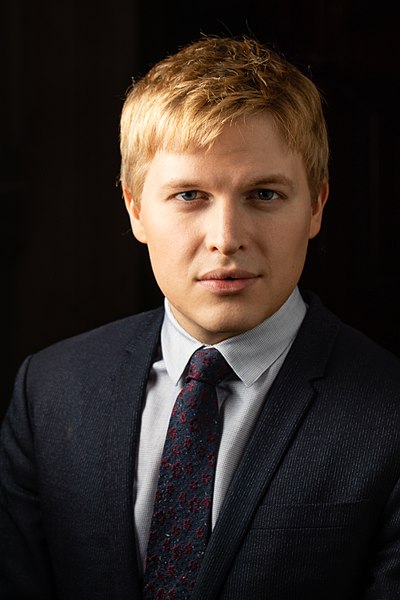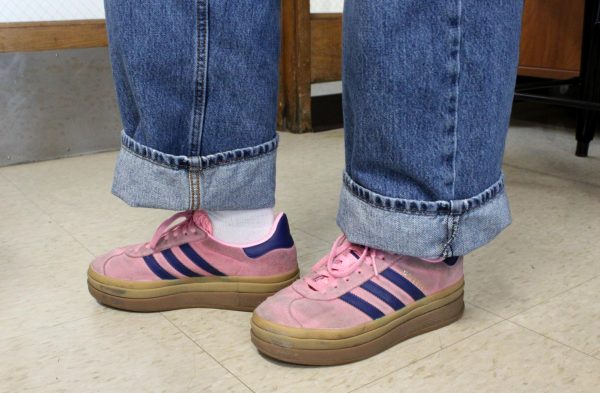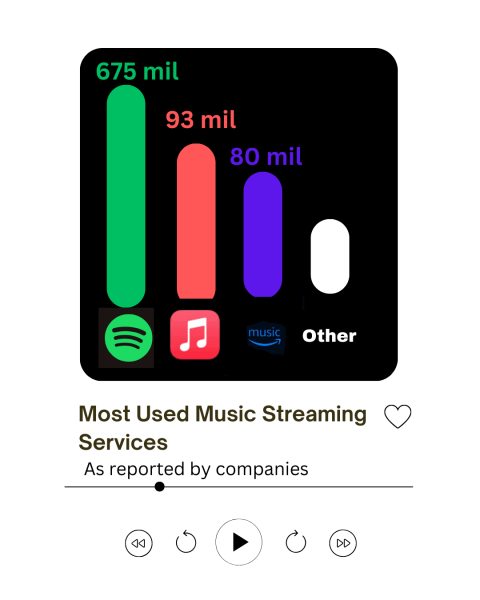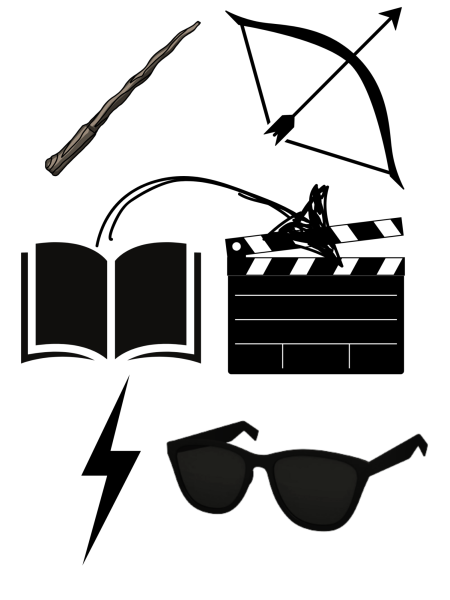How Journalists Have Propelled the #MeToo Movement

Photo Courtesy of the Wikimedia Foundation
Ronan Farrow’s investigative journalism played a pivotal role in uncovering the sexual assault allegations on Harvey Weinstein.
A couple weeks ago, I was in the car with my mom for upwards of seven hours. Naturally, we were struggling to find ways to pass the time. In our search for a podcast to listen to, my mom and I stumbled across “The Catch and Kill Podcast” with Ronan Farrow.
In this podcast, Farrow, a journalist who works for The New Yorker magazine, tells the story behind uncovering the sexual assault allegations against Harvey Weinstein. The podcast’s description reads that both Farrow and the sources who helped him bring this story to light were “sometimes risking everything in the process.” Initially, I was a little skeptical of this idea; it’s an improbable claim to believe that a journalist was risking everything — from his professional reputation to his life — to simply do his job, right?
Not long into the first episode, any doubts I had about the lengths Farrow went to during his reporting process were rendered invalid. He received a call from someone labeled “Axiom” on caller ID, and when he didn’t answer (he’d disregarded it as just another of the ambiguous contacts he was often threatened by), the number sent him an ominous text. They claimed to have information that would help with Farrow’s investigation of the allegations against Weinstein and instructed him to meet in the basement of a restaurant in New York City, notorious for its lack of cell service. Farrow was so committed to uncovering this story that he was willing to be blindly led by an unknown man, who turned out to be a private investigator hired by an agency working on behalf of Weinstein to investigate Farrow.
I don’t want to spoil the whole story for you — Farrow does a much better job of telling the story — and I highly recommend you give his podcast a listen. More than anything, Farrow’s story got me thinking; for the first time, I was interested in the story behind the story. We pay so much attention to the work journalists produce but we tend to ignore the work they do behind the scenes.
Of course, Farrow’s work didn’t go unnoticed. In fact, his investigation propelled the #MeToo movement and helped to change the way the world talks about sexual assault. Despite efforts, even from Weinstein himself, to undermine the investigation, Farrow persisted and managed to tell a story much larger than the one he originally intended. What began as a series of investigative articles on sexual assault in Hollywood quickly evolved into an investigation of Weinstein’s alleged pattern of sexual assault, he told the Chicago Sun-Times.
Farrow didn’t singlehandedly popularize the #MeToo movement. Jodi Kantor and Megan Twohey, reporters for The New York Times, released a 3,300-word article in Oct. 2017 exposing numerous allegations of sexual assault against Weinstein. Their work inspired countless women to come forward with their stories, adding validity to the investigation and strengthening the movement.
The #MeToo movement has experienced numerous victories, yet it seems to continuously fall short. From the election of President Trump to Brett Kavanaugh’s appointment to the Supreme Court, it can be hard at times to focus on any positive change made by #MeToo. But, if it weren’t for these reporters’ investigative work, the world may not know the truth about these (and other) abusers, and the conversation may have yet to begin.
Their work was monumental. Not only has it encouraged survivors of sexual assault to come forward with their stories, but it sets the tone for the future — not only for the future of Hollywood, but the future of all gender relations. These investigations helped launch a movement that, for the first time, tells rich, powerful men that there is, in fact, a limit to what they can get away with. This is the beginning of the end of our world being dictated by men who have grown up in a culture that allows them to act however they please without any consequences.
And for this, we can thank journalists like Farrow, Kantor and Twohey. We can thank all of the reporters telling the stories of countless survivors of sexual assault who otherwise never would have had the opportunity to be heard.
The Washington Post’s slogan is “democracy dies in darkness,” and I think that’s a really powerful and accurate way to put it. Without journalists who tell the stories that otherwise wouldn’t be told, change would never be made. Journalism is the embodiment of one of the main ideals that founded this country: the power should be in the hands of the people.











Maureen Marsden • Feb 28, 2020 at 1:01 pm
I am 85 and thank goodness have seen many changes for the better in the way women are treated. Still a long way to go however am very proud of the journalists who risked everything to bring Weinstein down